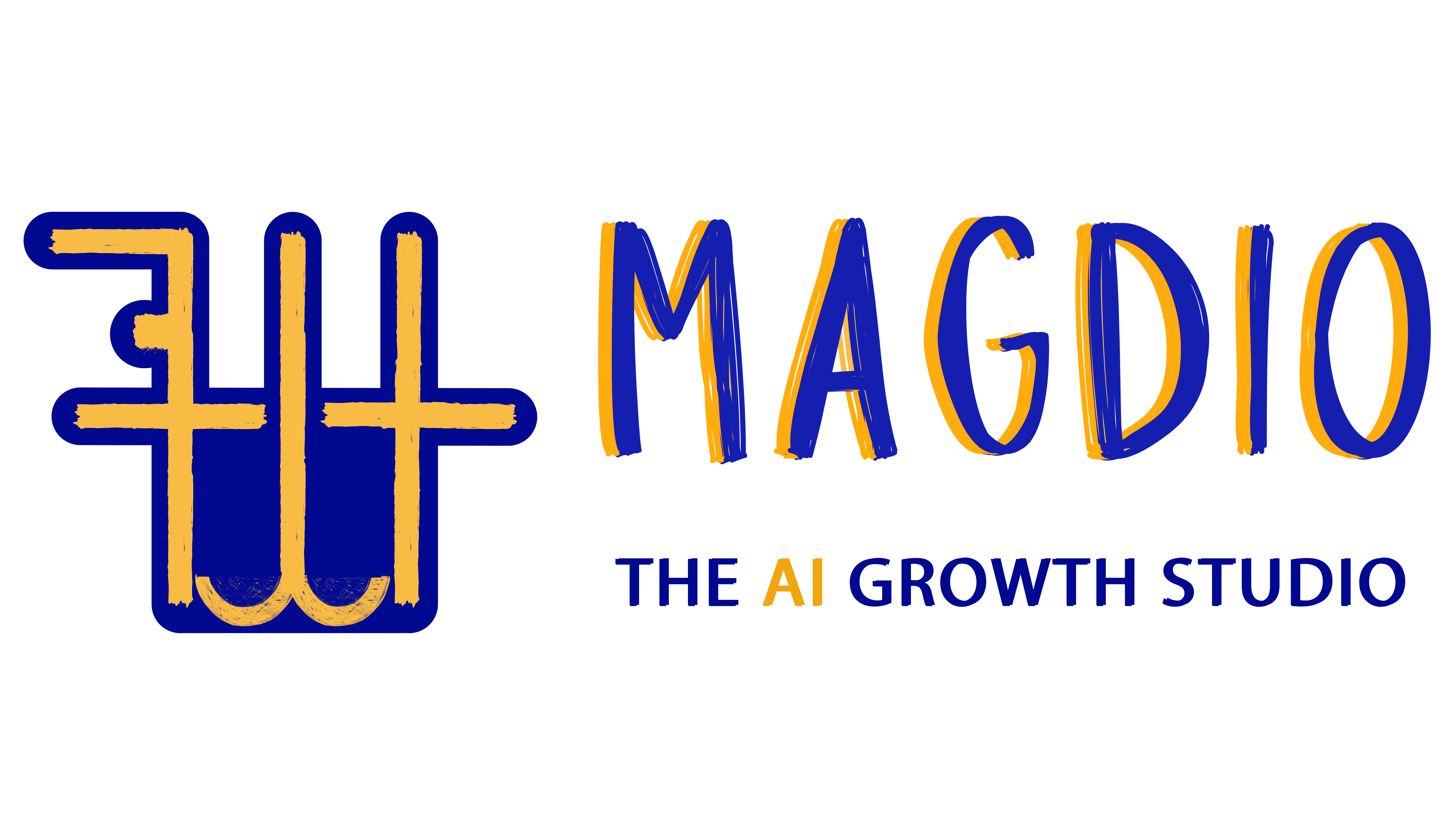Introduction
Technical writing is all about making complex information simple and easy to understand. It helps bridge the gap between experts and everyday users by breaking down difficult topics into clear instructions or explanations. Technical writers (also called technical communicators) create different kinds of documents, like user manuals, how-to guides, API documentation, white papers, and FAQs. Their job is to make things easier to understand by organizing information clearly and logically. As technology continues to grow, technical writing is becoming even more important in different industries.

Why is Technical Writing a good career?
Technical writing is a fast-growing profession, especially in developed countries like the US, Canada, the UK, and Australia. With the rise of software, hardware, and new technology, there is a strong demand for skilled technical writers. According to the U.S. Bureau of Labor Statistics, in 2023, there were about 50,100 technical writers in the U.S., and the job market is expected to grow by 4% by 2033. While this may not seem like a huge increase, it shows a steady need for technical writers in industries that require documentation, such as engineering, medical technology, and software.
What does a Technical Writer do?
Technical writers help companies communicate important technical information. Their work includes:
Creating user documentation: Writing user manuals, installation guides, and tutorials to help people use a product or service.
Writing technical guides: Producing developer guides, API documentation, and system manuals that explain how a system or software works.
Drafting policies and procedures: Writing standard operating procedures (SOPs), security policies, and compliance documentation to make complex rules easy to understand.
Editing and proofreading: Ensuring documents are clear, consistent, and error-free.
Researching information: Working with experts like engineers and developers to learn about a product or process and simply present the information.
Collecting feedback: Listening to user feedback and updating documents to make them more helpful.
The Importance of Knowing Your Audience
A great technical writer understands their audience. For example, a user guide for a home appliance should use simple words and pictures, assuming the reader is not very technical. On the other hand, API documentation for developers can include technical terms but should also have clear examples. Writing for the right audience makes documentation useful and easy to follow.
How is Technical Writing Different from Other Types of Writing?
Technical writing is different from creative writing or marketing content. Instead of trying to entertain or persuade people, technical writing focuses on giving clear and accurate information. However, technical writing still requires creativity—finding simple ways to explain things, organizing content well, and making information user-friendly. Good technical writing can improve user experience, reduce customer support inquiries, and even contribute to a product’s success.
Why Choose a Career in Technical Writing in 2025 and Beyond?
Technical writing is a great career choice for people who enjoy both technology and communication. It offers many opportunities in different industries, including tech companies, engineering firms, healthcare organizations, and government agencies. Technical writers become experts in learning new things and explaining them to others in a clear way.
The career also offers good salaries. In the U.S., the average salary for technical writers was about $80,050 in 2023, which is much higher than the national average salary. In other countries, the earnings are also competitive:
UK: Around £41,600 per year (about USD 52,000)
Australia: Between A$110,000 and A$130,000 per year (about $75,000–USD 90,000)
These numbers show that technical writing is a valuable skill. We will discuss salary trends and job opportunities in more detail in a later section.

Flexibility and Remote work opportunities
One of the best things about technical writing is the flexibility. Writers can work in different industries like software, finance, and biotech. Many companies also allow technical writers to work remotely, meaning they can work from home or even for international clients. Since 2020, remote work has become more common, giving writers the chance to work for companies outside their own country. This creates more opportunities but also increases competition. However, skilled technical writers will always find good opportunities.
Conclusion
Technical writing is a growing field with strong job prospects, especially in industries where technology is advancing rapidly. The role of a technical writer is evolving, with new tools like AI helping writers create content more efficiently. In upcoming sections, we will discuss how AI is changing the field, explore niche opportunities, identify key skills and tools, and share best practices to succeed as a technical writer in 2025 and beyond.
Technical writing is more than just writing—it’s about making information accessible and useful. Whether you’re looking for a stable career, a high-paying job, or the flexibility to work remotely, technical writing has a lot to offer. Stay tuned as we dive deeper into the world of technical communication and how you can succeed in this exciting field!

